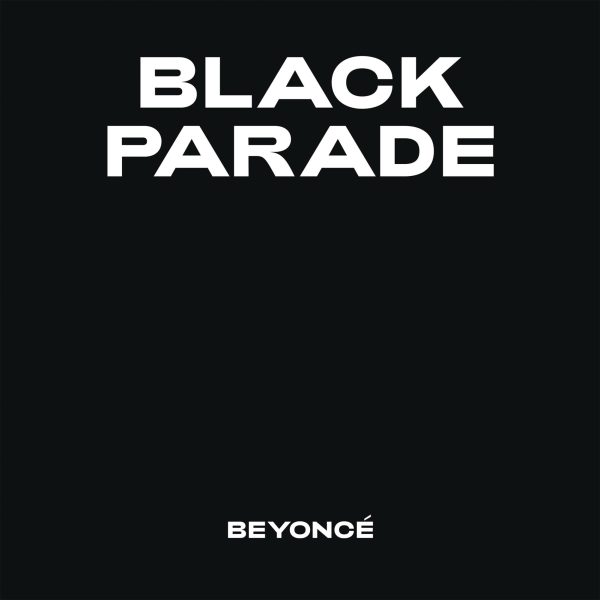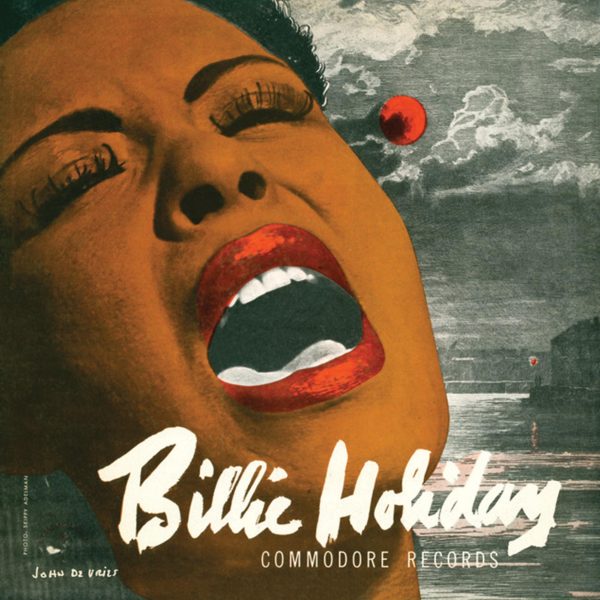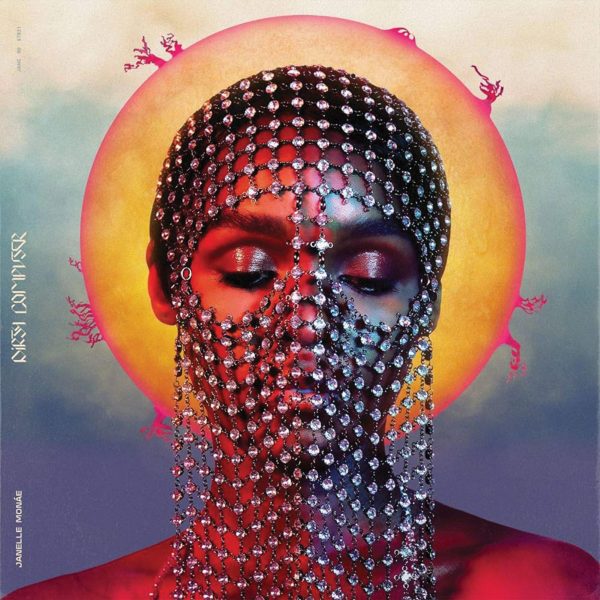“Black Parade”
Beyoncé
Beyoncé celebrated Juneteenth in 2020 with the release of “Black Parade,” which dropped amid the worldwide response to the murder of George Floyd. In the single, Beyoncé commemorates Black culture and activism, which fit into the subsequent “Black is King” film and deluxe version of the album “The Lion King: The Gift.” The proceeds from the single were put toward BeyGOOD, the Beyoncé-founded public charity foundation which supports Black-owned small businesses.
 “Strange Fruit”
“Strange Fruit”
Billie Holiday
Billie Holiday’s 1939 song “Strange Fruit” protested the widespread lynching of Black people in the U.S. The songwriter Abel Meeropol first published the lyrics as a poem in a union magazine, and it was sung by his wife and Laura Duncan before Holiday. The lyrics compare victims of lynching to fruit rotting on trees, which was met with resistance from Holiday’s record label and producer. After finding people to work with, the song was released and eventually named the best song of the century by Time.
 “Liquid Smooth”
“Liquid Smooth”
Mitski
In 2012, Mitski released her debut album “Lush” as a part of her junior project at university. The lyrics of the opening track “Liquid Smooth” illustrate the role of age in a woman’s perception and the impermanence of beauty. Mitski poetically comments on how it feels to be a woman in a society consumed by beauty and despondent about aging. After describing herself as chemical and nothing more in the first verse, she asks the listener to capture her as she falls from grace.
 “Americans”
“Americans”
Janelle Monáe
Janelle Monáe closed her 2018 album “Dirty Computer” with “Americans.” As a concluding song, it reiterates the Grammy-nominated project’s commentary on racism, misogyny and homophobia as they relate to patriotism. Monáe intertwines American iconography like Uncle Sam and the country’s flag with subversive themes of sex and pride. By referencing issues including police brutality, the wage gap and inescapable impoverishment, she recontextualizes what it means to be a proud American. “I’m not crazy, baby,” sings Monáe. “I’m American.”


